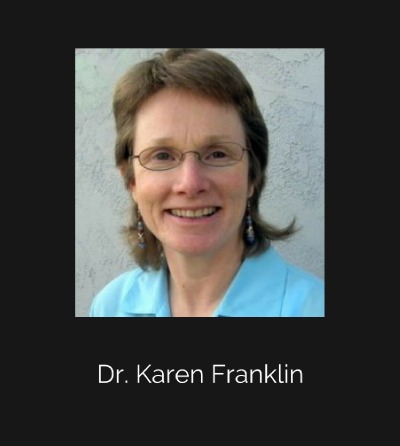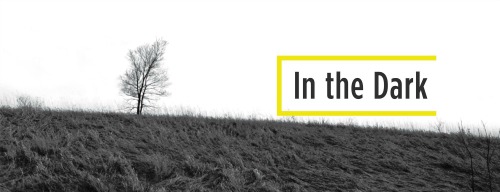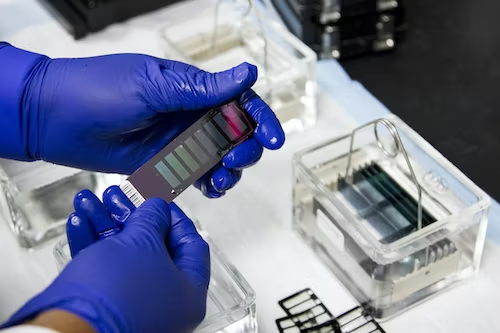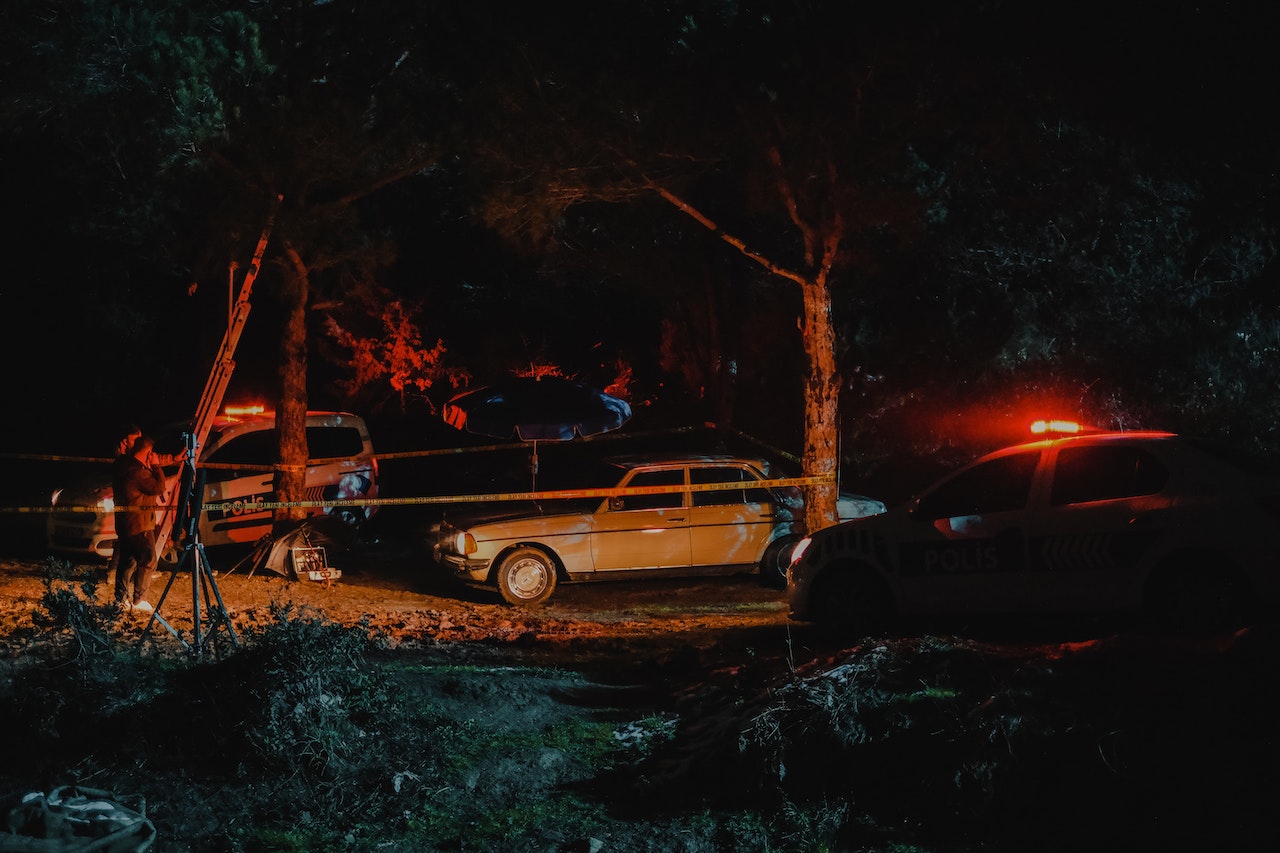Forensic Psychology Expert Q & A
Karen Franklin, PhD, is a forensic psychologist and an adjunct professor at Alliant University in San Francisco. She conducts ethics trainings for clinical and forensic professionals in the United States and internationally. Her published research – including on hate crime motivations, group rape and ethics in forensic diagnosis – garnered a 2012 award for Distinguished Scientific Achievement in Psychology.
Drawing on her prior careers as a legal affairs journalist and criminal investigator, she is a regular media commentator and hosts a prominent forensic psychology blog. More information is available at her website.
Want To Study Forensic Psychology?
What led you to pursue forensic psychology as a career?
My path was unconventional. I meandered into psychology by chance, after earlier careers as a legal affairs journalist and criminal investigator. Back in the 1980s, I was working as an investigator at the local public defender's office, and I got assigned to a specialized death penalty unit. There, I got to know forensic psychologists who had been retained to provide "mitigation evidence," that is, to disentangle the tragic life circumstances of a defendant, which might help to explain to a jury why he committed a heinous crime. I found this fascinating. The link among all of my careers was a desire to solve puzzles, but this was taking it to the next level.
As a journalist and then an investigator, I'd been looking at crimes from the outside, and this gave me a chance to explore the internal mental states of people who committed seemingly bizarre or inexplicable acts. So I took the cumbersome slog through graduate school and then a forensic postdoctoral fellowship in order to eventually get paid to do what I love: Decipher these mysteries of human calamity. I find that if one has the time and resources to dig deeply and widely, the seemingly inexplicable becomes more understandable.
What would you say are the greatest misconceptions surrounding the study and practice of forensic psychology?
|
There are two big misconceptions that I encounter frequently. The first is that we have these sophisticated scientific tools that can accurately predict future criminal behavior, kind of like in the film Minority Report. The courts have ceded a lot of power to forensic psychologists based on this misconception that we can tell them who is going to be dangerous and who is not. |
|
In reality, our tools are pretty coarse, and forensic psychologists often get things wrong. Psychologists are by definition trained to focus at the micro level of the human mind, and so we often discount the macro factors in the environment – things like jobs, relationships and community support – that play a huge role in criminal recidivism. I am especially concerned about the trend toward mechanistic application of actuarial risk tools based on someone's demographics or past behaviors. This leads to overpredicting risk of future violence, a serious problem when people's liberty is at stake.
A second, related misconception is the pop cultural belief that there is something called a "criminal mind." There is a slew of books and TV shows that promote this idea that criminals are somehow qualitatively different from the rest of us. This has glamorized the sub-field of "criminal profiling," which is hyped as much more accurate and scientific than it truly is.
A great example of the perils of profiling is the infamous case of Amanda Knox, the young American who was wrongfully convicted (but ultimately found to be factually innocent) in Italy: Prosecutors used faulty behavioral profiling evidence to support their cockamamie theory that she was a cold-blooded, psychopathic killer, when in fact she had absolutely nothing to do with the murder of her housemate. This notion of a criminal mind has lionized the iconic psychopath, or the natural-born criminal, as a modern-day bogeyman.
You have written that the concept of psychopathy "exerts a powerfully prejudicial impact on judges and jurors in court." Why is that?
That's because when people hear the word psychopath, they automatically think "evil." This is borne out in research studies showing that when a criminal defendant is labeled a psychopath in court, judges and jurors are more likely to give him a longer prison sentence, or even to impose the death penalty. The psychopath is an irredeemable, dangerous monster who must be contained or banished. As I explained in a short essay for National Public Radio a while back, our current era of mass incarceration serves as a hothouse for this dark vision of humanity.
It puts the blame for crime squarely onto the shoulders of the criminal, with the effect of excusing institutional failures to rehabilitate people, and removing social problems and environmental contexts from the equation. If we label someone a psychopath, we don't have to bother understanding his troubled childhood or the environmental influences on his behavior. It's a very superficial, simplistic and circular way of looking at criminality. In reality, the world is not so black and white, and it doesn't benefit us to reduce people to caricatures of good or evil.
Which of your many practice specialties do you personally find most interesting?
That's a tough one. What I love about my career is the never-ending variety: lectures, trainings, criminal evaluations involving lots of different psycholegal issues, everything from competency to stand trial to violence risk to suggestibility during police interrogation. It's a bit frenetic, but also ideal for someone with a low boredom threshold. But I do remain particularly fascinated by the delusional mind. I enjoy sitting across the table from someone who is floridly delusional, and trying to understand the underlying meanings embedded in their jumbled, pressured, rapid-fire speech. I recently read a great book, Suspicious Minds: How Culture Shapes Madness, which highlights the current popularity of the fascinating Truman Delusion, in which people come to believe that their every move is being choreographed and videotaped by hidden directors. In the book, brothers Joel and Ian Gold do a great job of deconstructing the reductionist theories of genetic or chemical imbalance that the pharmaceutical industry promotes about delusions. I find it fascinating to think about why people hold the false beliefs that they do.
The other thing I especially enjoy is working on cases involving gross miscarriages of justice. For example, I just finished working on a case involving eyewitness identification, in which police investigators succumbed to tunnel vision and put all of their energy into going after the wrong guy. The suspect was a very nice young man with no criminal background whatsoever, who just happened to be in the wrong place at the wrong time, and I was happy to see him vindicated. I've also been involved in a few cases recently in which young men from very chaotic, dysfunctional backgrounds engaged in sexual misconduct when they themselves were youngsters, and then years later, after they had served their prison terms the government was trying to indefinitely detain them as so-called "sexual predators." I was able to help the juries at these civil commitment trials to understand the larger contexts in which these individuals committed their juvenile crimes, and to provide an alternative to the dominant narrative of (what else?) the irredeemable psychopath.
You recently took part in a mock trial training seminar with San Francisco Superior Court Judge Garrett Wong designed to help participants avoid common mistakes when testifying as an expert witness. What are some common mistakes expert witnesses make?
Testifying in court is nerve-wracking, especially if one hasn't done it often. There's nothing worse than getting up on the witness stand and realizing you can't answer a question that you should be able to. So probably the biggest mistake is insufficient preparation. I always recommend that the expert spend the necessary time and come into court overprepared. From my observations, that's at least half the battle in presenting compelling testimony.
The other big factor is to stay calm, and resist the pull toward certainty. Nothing is ever perfect, and expert witnesses should be willing to admit to flaws in their methodology, or areas that are beyond their expertise. It helps to keep in mind that there are at least two (and usually more) sides to every story, and also that we are not the main event; we are just one little piece of the evidence. Humility is critical.
What advice would you give to someone considering a professional career within forensic psychology?
Forensic psychology is a popular field. I get frequent calls from college and even high school students interested in the field, and my advice column on becoming a forensic psychologist is one of my most all-time popular blog posts. Unfortunately, some students gravitate toward forensic psychology because of its popular allure, without thinking about some of the practical requirements. At minimum, forensic psychologists should have a solid grounding in both clinical psychology practice and in the scientific methodology. They should also have some broader practical experience in the real world, and have some familiarity with social and cultural diversity. And they should have critical thinking skills and strong oral presentation skills. But perhaps the biggest thing that some students overlook is the need for excellent writing skills: the forensic report is the mainstay of the forensic psychologist's work, and sloppy or imprecise writing is a death knell.
What can readers expect from your forensic psychology blog, "In the News"?
Good question. It's kind of hard to predict. I'm always juggling the interests of a diverse subscriber base, with readers from many different countries and professional fields. But it also has to stay satisfying for me, because writing posts is time-consuming. So, sometimes I focus on reporting new and important research. At other times, I am critiquing dominant orthodoxy, for example with respect to risk prediction or psychiatric diagnosis. And still other times, I'm writing about something that just happens to catch my interest, like the historical murals I saw on the walls of the dining hall at San Quentin, California's oldest prison. (That post resulted in a surprise bonus: the publicity agent for the late singer/songwriter Merle Haggard – who served time at San Quentin – sent me free tickets to a Haggard concert in San Francisco.)
I also do quite a few reviews of films and books and other cultural media. For example, I just did a post on a remarkable podcast series called "In the Dark," which deconstructs the police investigation into the 1989 kidnap/murder of Jacob Wetterling in Minnesota, the case that paved the way for modern sex offender registries in the United States. So, it's kind of whimsical. I like to switch it up and keep my audience guessing as to what's up next.
Could you tell us something about your pioneering research into the motivations underpinning hate crime?
Sure. Back when I did that research, people were making a lot of assumptions about what caused people to commit hate crimes, based on talking to the victims of these crimes. So what I did is interviewed the actual perpetrators of hate crimes, specifically crimes committed against sexual minorities. And I also conducted a survey of young adults to find out how many of them had committed actual or threatened violence against gay men, lesbians, bisexuals, and transgender people. What I found out was that these crimes were fairly common among young people, even in a relatively liberal area like the San Francisco Bay Area, and that most people who committed so-called hate crimes were not driven by actual hatred. Rather, they were going all with their friends, or looking for excitement, or in some cases they even felt threatened.
I later extended this research into a theory of group crime by young men, based on my observations of the similarities between antigay assaults and the group rape of women. These two superficially discreet types of crimes serve nearly identical purposes for the young men who participate in them, including social bonding, the celebration of power, and the public display of heterosexual masculinity through the subordination of women and men perceived as feminine. Based on this, I characterized group rape of women and violence against homosexuals as parallel forms of cultural theater, with the victims serving as interchangeable dramatic props.
What projects are you currently working on?
Time allowing, I'm trying to accomplish some larger writing projects. One thing I've become intrigued by is the role of the narrative process in forensic psychology. Human beings understand the world through stories. Essentially, whether we realize it or not when we're in the moment, what expert witnesses are doing is constructing a narrative about the subject of our analysis. It might be a narrative of evil as I've talked about with you, where the subject is caricatured as a psychopath. Or, it might be a tragic narrative, focusing on the hardships in a person's life, as the mitigation expert is doing in a death penalty case. So I'm looking at that narrative process in the realm of forensic psychology, and trying to make it more explicit so that we can see what types of competing narratives are being constructed, and toward what ultimate ends.
Connect With Dr. Karen Franklin
Follow Dr. Franklin on Twitter
Recent Articles
-
The Role of Forensic Evidence in Car Accident Investigations
Jan 30, 24 07:22 AM
Insightful article on the role of forensic evidence in car accident investigations. -
The Role of Forensic Science in Personal Injury Cases
Oct 20, 23 03:56 AM
Insightful article on the role of forensic science in personal injury cases. -
All About Forensic Science
Aug 16, 23 09:53 AM
A forensic science website designed to help anybody looking for detailed information and resources.




New! Comments
Have your say about what you just read! Leave me a comment in the box below.